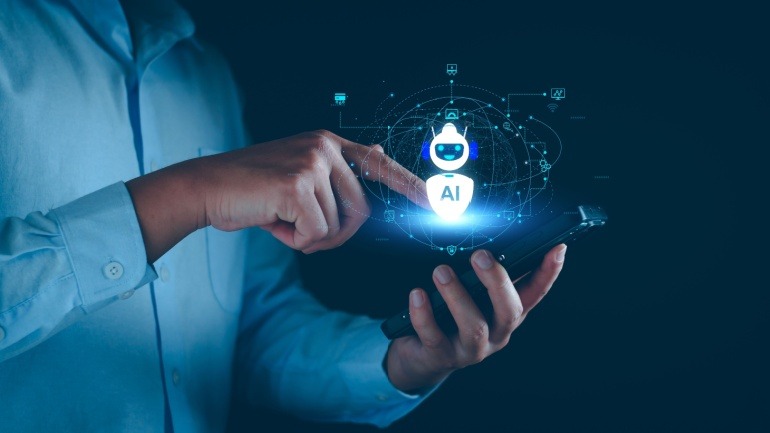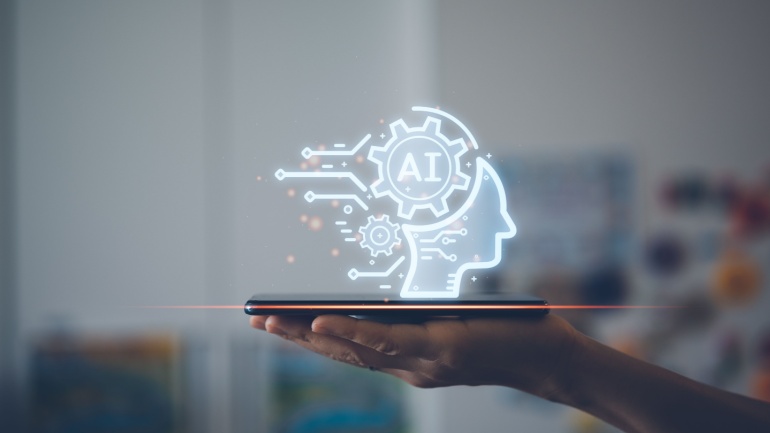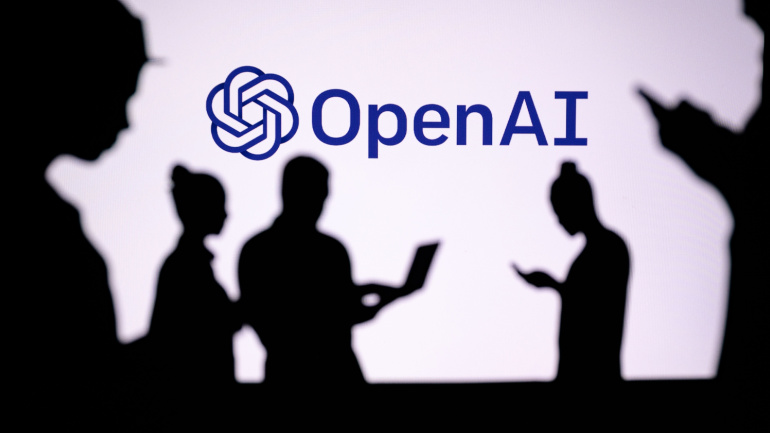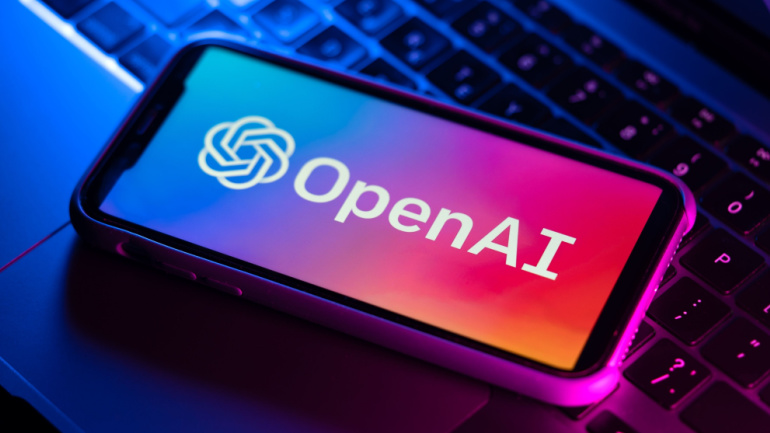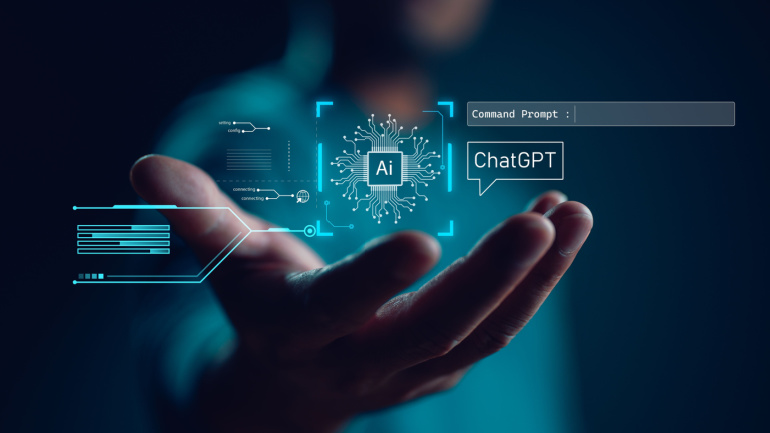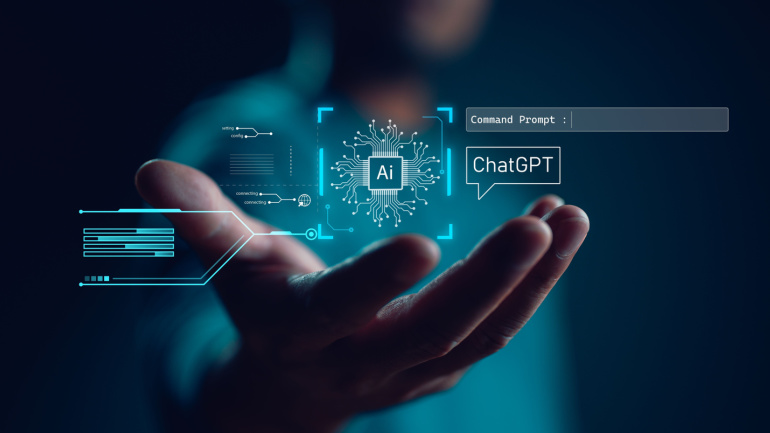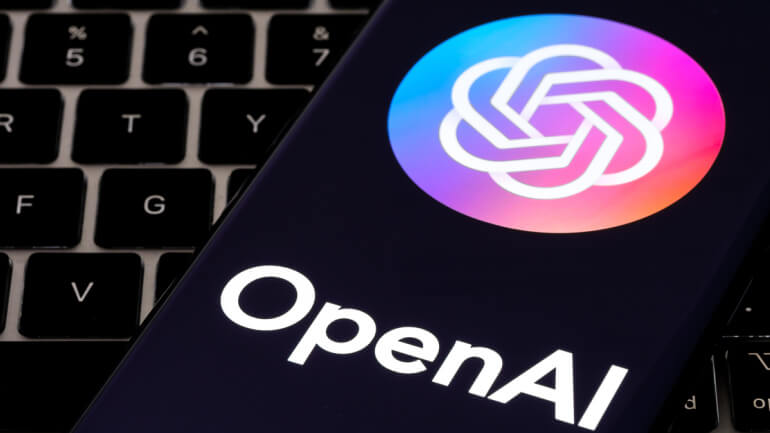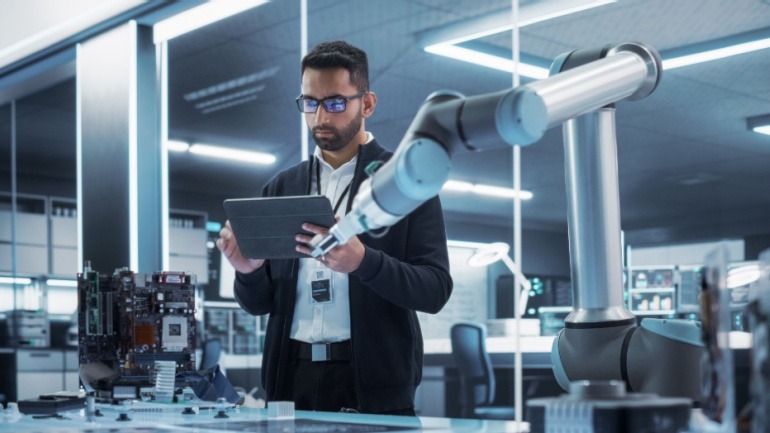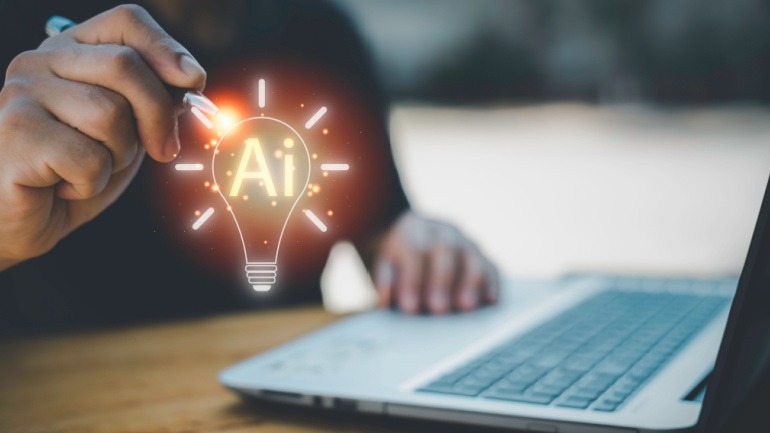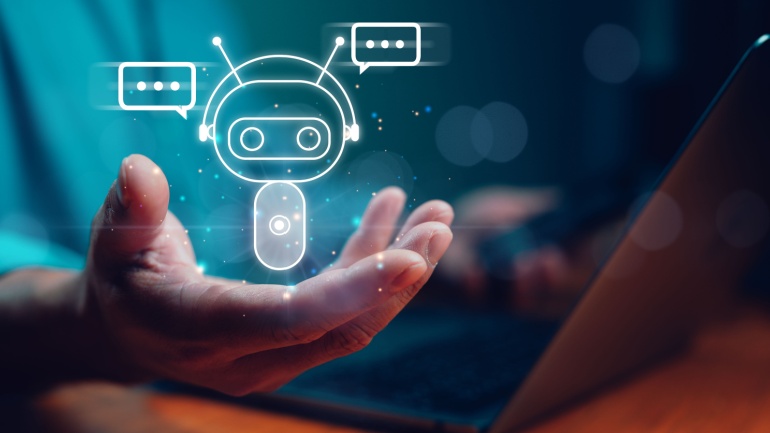T-Mobile US partners with OpenAI to launch IntentCX, a revolutionary AI-driven platform enhancing customer experience through predictive analytics and real-time issue resolution. This collaboration aims to deliver personalized, multilingual support, transforming customer interactions and setting new standards in the industry.
In an unexpected move, Microsoft and Apple have withdrawn plans to join OpenAI’s board amidst growing scrutiny over AI ethics. This decision underscores the increasing responsibilities AI companies face. Both tech giants remain deeply invested in AI, opting to prioritize their strategic projects and respond to regulatory pressures.
OpenAI is fortifying its internal safety protocols in response to growing concerns about the potential risks of artificial intelligence. The company has introduced a “safety advisory group” that will operate above its technical teams, offering recommendations to leadership, with the board wielding veto power—though the likelihood of its exercise remains uncertain.
Artificial intelligence pioneer, OpenAI has reversed its decision to dismiss its CEO, amidst signals of internal unrest and potential alliance with Microsoft. While OpenAI’s reinstatement of Sam Altman hints at a desire for stability, speculation abounds around Microsoft’s role and possible influence over OpenAI’s trajectory.
OpenAI has introduced ChatGPT Enterprise, a groundbreaking iteration of its widely acclaimed AI chatbot, designed to cater to the distinctive requirements of businesses. This enhanced version promises elevated levels of security, privacy, and an array of potent features tailored to enterprise needs.
Rakuten’s new alliance with OpenAI aims to dissect opportunities in generative AI to enhance various business sectors they serve globally. This partnership promises to expand existing AI experiences in ChatGPT products and foster premium AI conversational possibilities. Yet, some recent whispers suggest a performance drop in GPT-3.5, leading to theories about its overall commercial intent. Will generative AI become a privilege of the financially potent? This question merits careful consideration.
GPT-4 is the latest artificial intelligence (AI) model produced by OpenAI, a San Francisco-based research lab. The AI model, which is intended to improve deep learning, is available to paying OpenAI users via ChatGPT Plus with a usage cap. Developers may join a waitlist to gain access to the API. GPT-4 is capable of handling more sophisticated tasks than its predecessor, GPT-3.5. This AI software version can generate text, process image and text inputs, and perform at a “human level” when related to a variety of professional and academic benchmarks. OpenAI spent six months “iteratively aligning” GPT-4 using lessons learned from an internal adversarial testing program and ChatGPT. The model’s skills extend beyond visual understanding; it can label and analyze relatively complicated images, as well as handle nuanced instructions. A number of high-profile clients are presently using GPT-4. Stripe uses GPT-4 to scan company websites and provide a…
Siemens’ new Industrial Copilot, a generative AI tool for automation engineers, enhances productivity and addresses labor shortages with on-premises deployment for added security. Adopted by ThyssenKrupp, it aids in code generation, error resolution, and multimodal data analysis.
Korea Telecom has partnered with Microsoft in a groundbreaking AI collaboration set to transform South Korea’s digital landscape. Over five years, AI-powered solutions will revolutionize finance, healthcare, and education. Leveraging KT’s data, they will develop localized AI models using OpenAI’s GPT-4o, enhancing both consumer and enterprise services.
SK Telecom is revolutionizing its AI service, “A.”, with a focus on enhancing the natural conversational experience and comprehensive daily management. The newly revamped app, featuring multi-agent support and LLM integration, allows users to manage calendars, schedules, and routines through intuitive voice commands.



